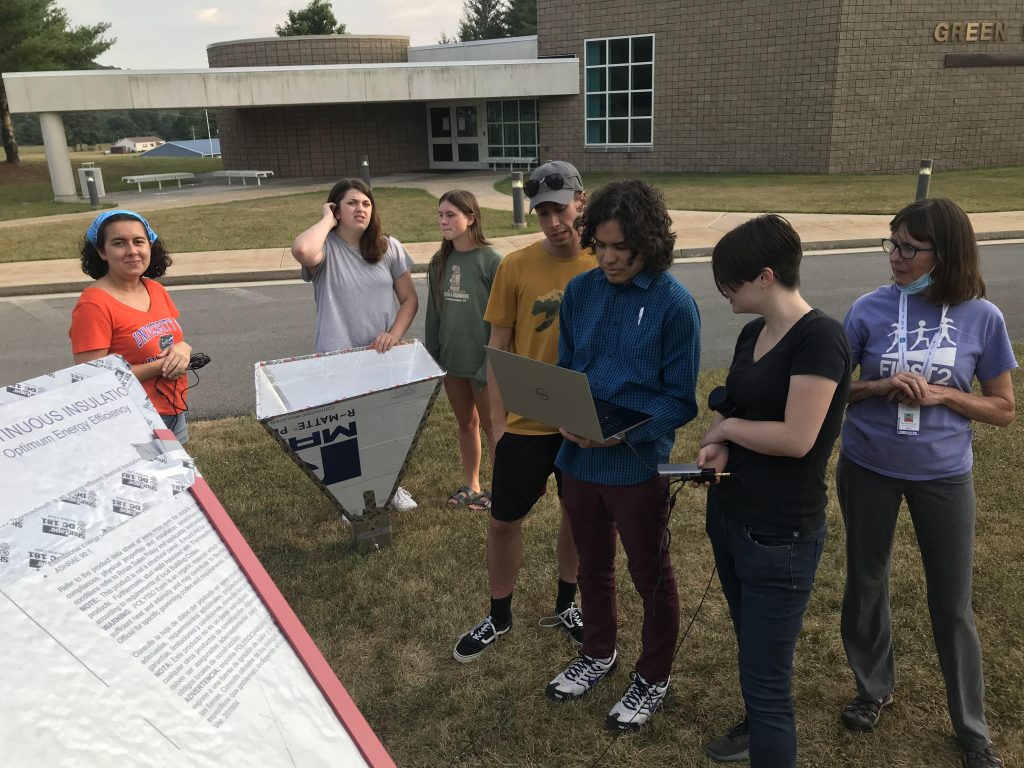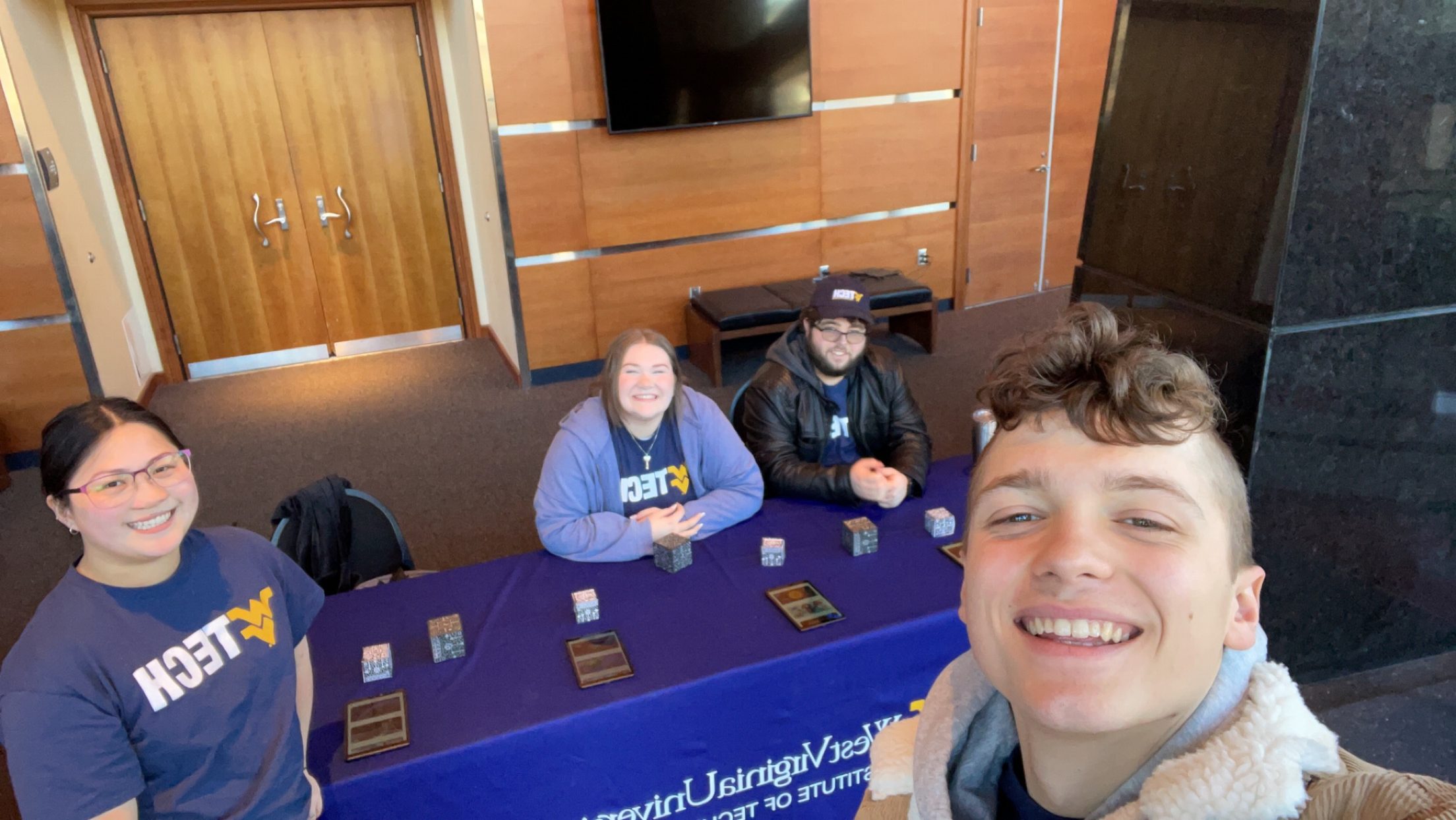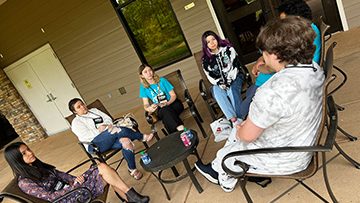The First2 Network works with rural, first-generation, and low-income students to identify and change higher education policies and practices that present obstacles to their success as STEM students. Together, students, higher education faculty, high school teachers, and policy makers have identified areas of need and attention. High school teachers and guidance counselors have an important role to play in encouraging students to pursue STEM degrees and in ensuring that students are as well prepared for college as possible.
Below are some things to try as your schedule permits!


20 THINGS I WISH I KNEW AS A FRESHMAN:
We invite you to spend time in your classes discussing this document authored by First2 undergraduate students:
- Have students read and discuss big take-away messages from these students. What techniques or skills do they mention?
- This document alludes to some pretty big differences between college and high school learning. What are they?
- What terms or ideas are new to students? Discuss these ideas.

AMBASSADOR VISITS:
Invite an undergraduate STEM student to visit your high school students to chat about what it’s like to survive and thrive as a STEM Major.

ADDITIONAL RESOURCES:
- Try some of the Time Management activities section 2.3 of the free online book from the University of Minnesota called College Success. High school students may not realize the extent to which time management, independent learning and responsibility is needed for success. It is estimated that for every hour of in-class time a student needs to spend at least 2 hours of study outside of class!
- Note taking is another major skill set that college students need, and studies have shown that taking notes by hand may result in better recall than taking notes on a laptop. This section of “College Success” breaks down note-taking, and this online module teaches the Cornell Method of Note-taking.
- What’s in a syllabus? Here is a sample syllabus from a 200 level Biology Course. In college, a syllabus may be the only guidance a student receives on required assignments, expectations and grading. If students don’t pay attention to the syllabus and plan accordingly they could do poorly in a class. Could you use a syllabus approach during one of your grading periods, have students complete a time-management planner, and reflect on their follow-through?
- Here is a great “How to Study” presentation with notes written by Michelle Withers formerly of WVU.
